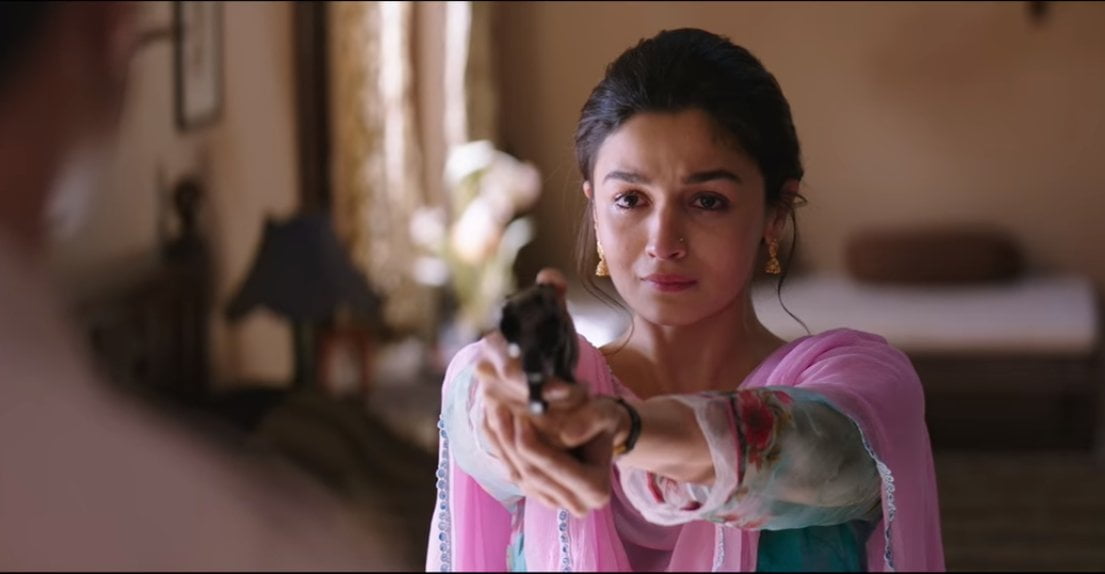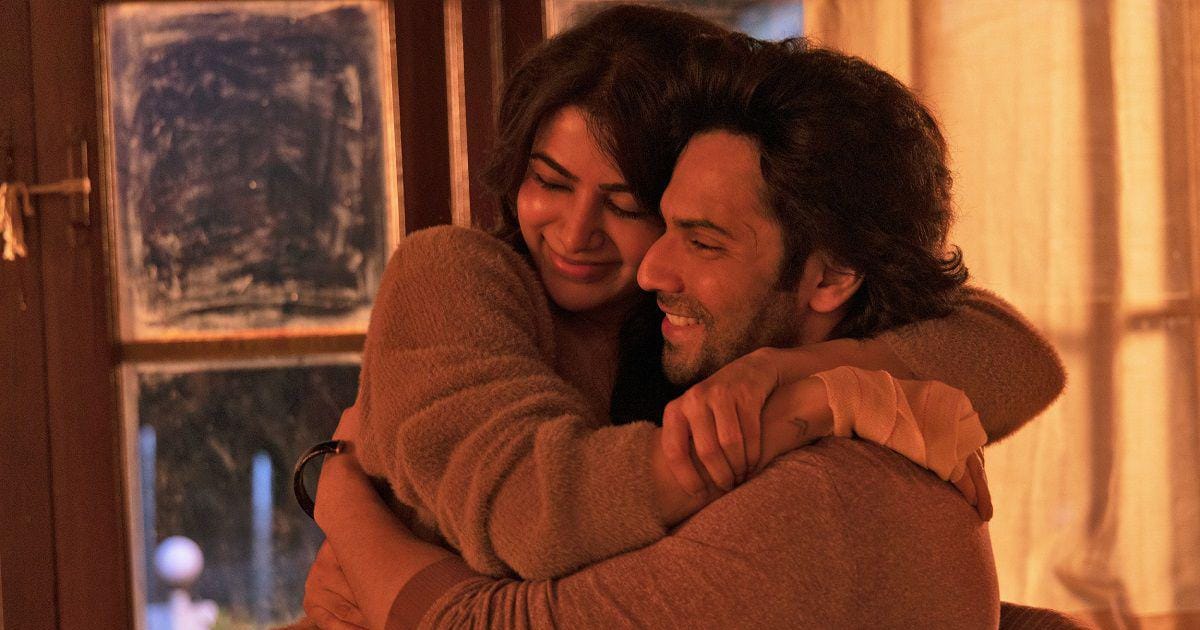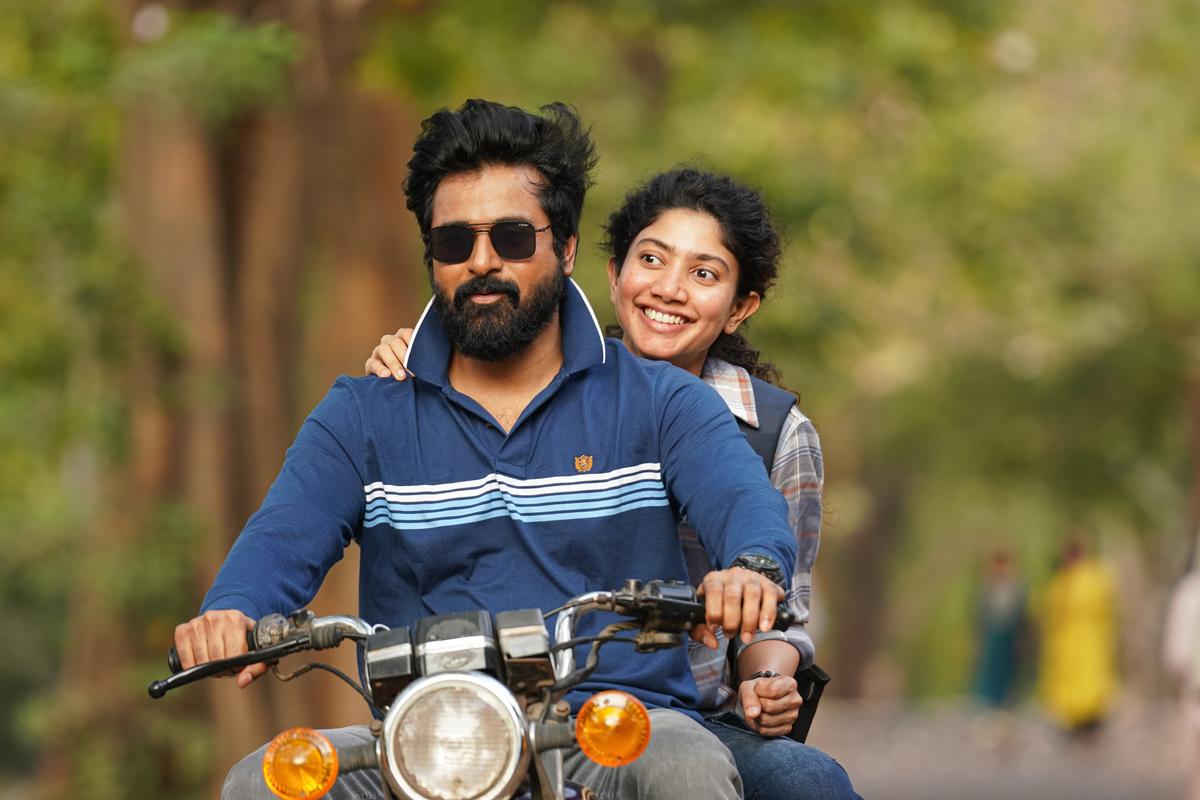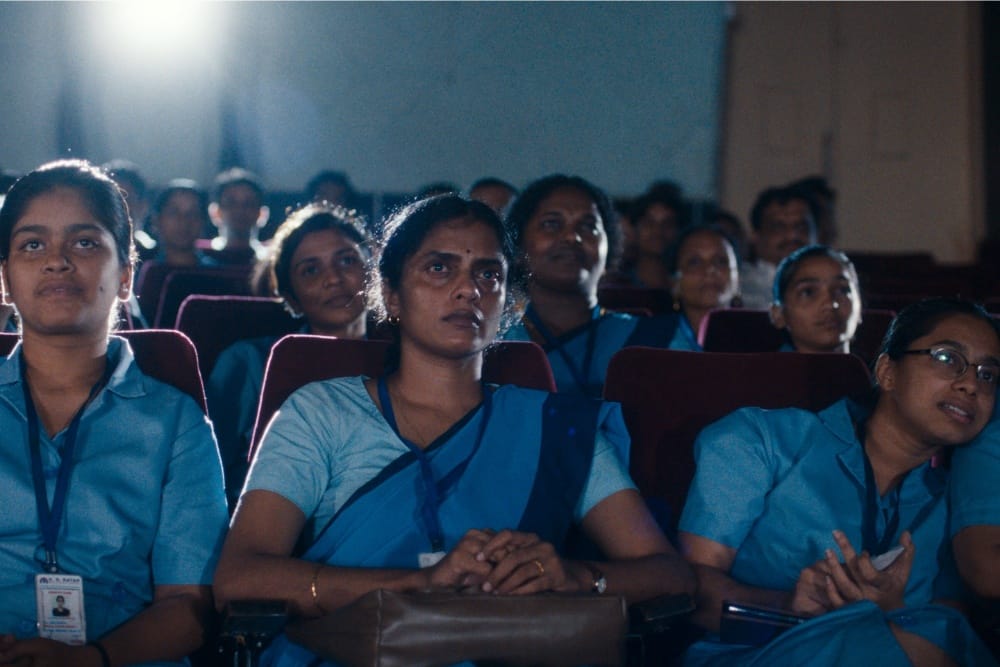Warning: spoilers ahead.
Raazi is a movie inspired by the story of Sehmat Khan, a Kashmiri Muslim spy who was wed into a Pakistani family of high-ranking Pakistani army officials. This was upon her father’s insistence, in order to gain critical information for Indian intelligence right before the 1971 Indo-Pakistan War.
She was critical to foiling Pakistan’s attempt to sink INS Viraat – a Centaur-class aircraft carrier by the Indian Navy by the coast of Andhra Pradesh, by providing critical intelligence. Thus not just saving the carrier, but everybody on-board. Sehmat’s story wasn’t that of a seasoned spy who had many successful missions under her belt. She was a young, ordinary girl who was urged by her father to become a spy for India.
The film’s success lies in the fact that it doesn’t succumb to the critical flaw of most movies that have female leads in predominately male professions. In order to be the strong women capable of taking on important masculine jobs, most women in such movies attempt to conform to toxic, masculine standards.
It is important for the protagonist to be ‘different’ than other women and most of them do that by being the perfect patriarchal idea of what a man should be. It is as though they can only be accomplished, worthy of respect and competent if they can establish that they are not like other women, implying that you cannot root for women in spy movies until they are men. The making of successful female spies includes being more like men and dissociating from their female identities as much as possible.
Bhatt’s character, though, is nothing like the different woman who embraces masculine standards to prove her worth. After every close call where she was almost discovered, her character was given room to feel scared, anguished and helpless. In a particular scene where she is almost discovered by a loyal household servant, Bhatt’s character breaks down in tears and has a moment raked in fear and anguish and allows herself room to go through her emotions.
The making of successful female spies includes being more like men and dissociating from their female identities.
When she is forced to run down the same servant to prevent him from exposing her truth, she cries for several hours after the murder, in disbelief that she now is a killer. Unlike men and different women in spy movies, Bhatt’s character wasn’t made to accept the fact that she took somebody’s life with nonchalance and a shrug that says “bad things happen in the line of duty”. Her character was allowed to explore the intensity of her actions and even question its validity and necessity.
Sehmat has all the vulnerabilities and afflictions of a person who knows they will be met with death if their truth is revealed. Her emotions are raw and exposed. By being true to who she is and not attempting to fit into any mould to convince people of her competence, who dismiss it due to her gender, Alia Bhatt’s character makes a powerful statement on behalf of women.
Another striking feature in the portrayal of Alia Bhatt’s character is that she takes charge of her sexuality. Sex is usually used as either a weapon of manipulation by female spies or a something they have to unwillingly do in order to not blow their cover in most movies, but Raazi takes an unprecedented direction in this regard.
Also Read: Padmaavat Is A Horrifying Film And It Should Never Have Been Made
Alia Bhatt’s character doesn’t have sex with her husband Iqbaal (portrayed by Vicky Kaushal) as a weapon or as a chore, instead, she does it because she wants to. She consents with enthusiasm. Bhatt’s character was allowed to be a sexual being and this was never in conflict with her role as a spy.
Raazi does promote the same old and toxic ideas of patriotism and nationalism. Bhatt’s character puts her country’s interests above her own and this is constantly depicted as a virtue only capable of a few. For the most part of the movie, we are expected to root for any character willing to put their watan or mulk ahead of themselves, their lives, and relationships.
Raazi doesn’t portray Pakistanis as soulless monsters, which usually happens in Bollywood.
Though I have to hand it to director Meghna Gulzar that Raazi does not resort to tired stereotypes in its portrayal of Indians and Pakistanis. It doesn’t portray Pakistanis as soulless monsters, which usually happens in Bollywood. There is no hypocrisy in terms of what this movie portrays as virtuous. If we are expected to root for Alia Bhatt’s character for putting her watan before herself, we are also expected to root for Kaushal’s character for putting his mulk before his love for his wife.
After over two hours of an outdated lesson in patriotism and valuing your country more than your life, the last few minutes of the movie are what saves it. After an attempt to kill Alia Bhatt’s character by the Indian Intelligence Agency, as per protocol – when an agent is about to be discovered by the enemy – Bhatt’s character manages a narrow escape, goes to her superior and says she is not capable of senseless murder and she can no longer stand to watch the murders of innocent people in the name of war.
She yells and asks to go home, again something that no character would do in a spy movie, in order to maintain the image of a rational and ever fearless, patriotic spy who is willing to die in service and but never quit. She says that she wants to go back home before she turns into these people who are willing to kill without a thought or regard for human life. Her character’s monologue about the senselessness of war and the cruelty of taking away lives finally steers the movie away from being a Bollywood cliché that portrays war as sacred and murder in its name as a necessity.
Raazi stays away from being a Bollywood cliché that portrays war as sacred and murder in its name as a necessity.
Raazi concludes with a scene years later, where an army officer is telling young recruits, one among which is Sehmat’s son, that all casualties of war aren’t dead, some continue to live on. The scene cuts to an older Sehmat sitting by a window, thus implying she is a living casualty of war.
But this reminds us that casualties of wars aren’t only the people who lost their lives or people like Sehmat. Casualties of wars are everyone who lost someone they love, who have their lives twisted and turned, and every person who has everything they have ever known taken away from them. It reminds us of something we often forget – that war isn’t sacred, there is no glory in war and there is no pride in it.
Also Read: Newton Movie Review: Laughter In Dark Times
Featured Image Source: ScoopWhoop





Your review is so good.
Nicely reviewed. What I especially loved about the movie was the balanced approach of the director, Meghna Gulzar not taking any side. Although there were a few unconvincing moments in the movie and some loopholes in the script too, but still the movie struck the right chords. Alia Bhatt has been growing in stature with each passing year, as far as acting is concerned. What a tremendous performance she has given in Raazi! Very natural. And superb direction too by the dynamic Meghna Gulzar. For the music, “Ae watan” is my favourite